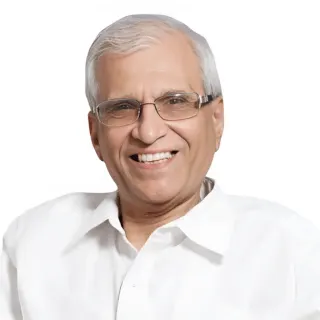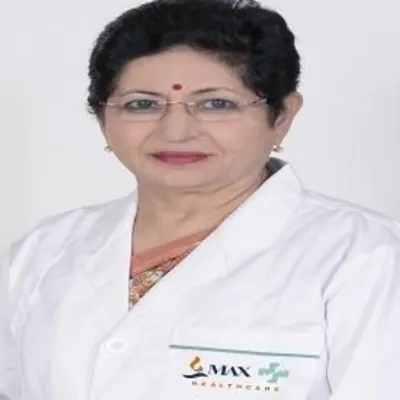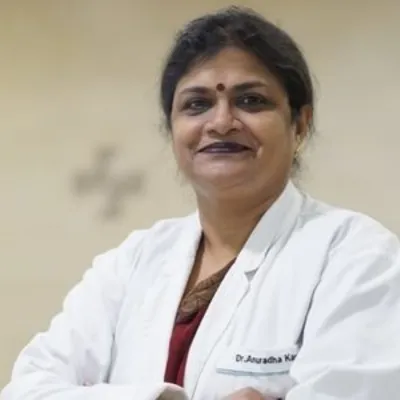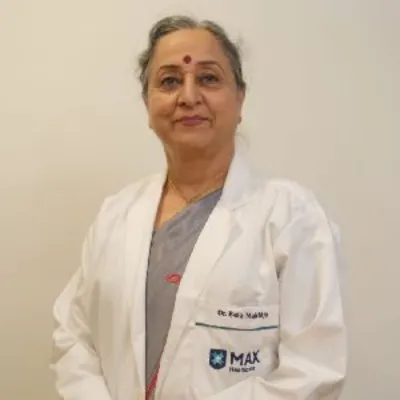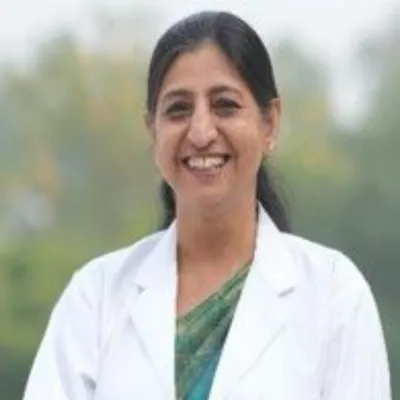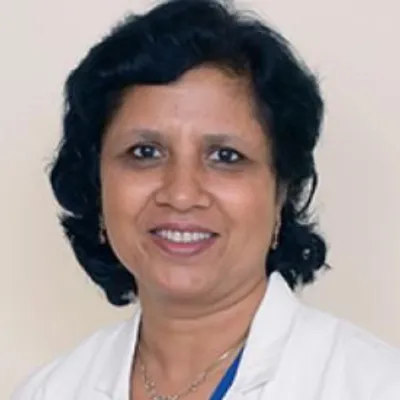Best Cardiac Surgeons in Indraprastha Apollo Hospital Delhi
 27 January,2026
Read More
27 January,2026
Read More
Enquire now in case of any assistance needed
 30 September,2024
30 September,2024
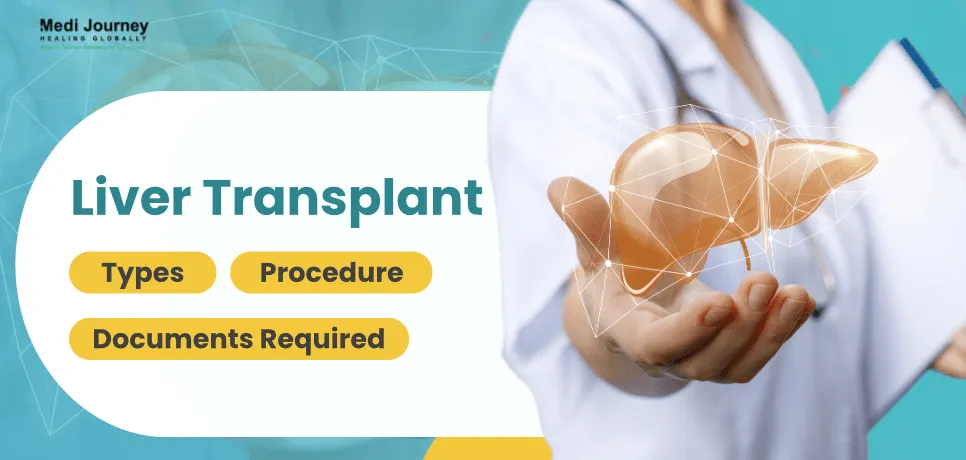
The liver is the largest and one of the most important internal organs in the human body, performing over 500 vital functions. Some of its fundamental roles include producing bile to help digestion, filtering toxins from the blood, metabolizing nutrients and medicines, and converting excess glucose to glycogen for storage. The liver's role in the human body has earned it the moniker of the body's "chemical factory." A person cannot survive for long without a healthy and functioning liver, as there are no viable artificial alternatives. Therefore, when the liver fails to carry out its functions, a liver transplant is the only option.
The first human liver transplant was carried out in 1963 by an American physician, Thomas Starzl. However, the patient did not survive. After repeated attempts, he performed the first successful liver transplant in 1967. Over the years, the procedure has undergone several developments to improve its success rates, making the liver the second most commonly transplanted organ after the kidneys. In 2022, out of 1,57,494 organ transplants worldwide, 37,436 were liver transplants. Countries such as India, Germany, and Thailand are pioneers in liver transplants.
This blog delves deeper into the liver transplant process, why it is needed, and the diseases it treats.
Fill up the form and get assured assitance within 24 hrs!
A liver transplant is a surgery that involves removing a diseased, non-functioning liver and replacing it with a healthy, functioning one obtained from a donor. It is also known as a hepatic transplant. A liver transplant is a last-resort treatment option for patients suffering from liver failure, which can be long-term, known as chronic liver failure, or short-term, known as acute liver failure. A liver transplant can also treat some types of liver cancers.
The choice of liver transplant depends upon the patient's health, requirements, and organ availability. Depending on the type of donor, liver transplants are of two categories:
Apart from living donor liver transplant and deceased donor liver transplant, the procedure can also be classified as:
The doctor will order a liver transplant when the patient undergoes liver failure, which means their liver has stopped functioning adequately. Liver failure is of two types: acute and chronic.
Certain diseases and conditions cause the liver to stop functioning rapidly, causing acute or fulminant liver failure. It is rare and can happen due to acetaminophen/paracetamol overdose, viral infections (hepatitis A, hepatitis B, and hepatitis E), acute fatty liver during pregnancy, and Wilson's disease. Other reasons for acute liver failure include:
A liver transplant is usually the preferred treatment for end-stage liver disease or chronic liver failure. Chronic liver failure occurs over a longer period, often years. The most frequent cause of chronic liver failure is cirrhosis. In liver cirrhosis, the normal tissue of the liver gets replaced with scar tissue over time. When too much scar tissue forms, it affects the regular functioning of the liver, causing liver failure.
Other causes that lead to chronic liver failure include:
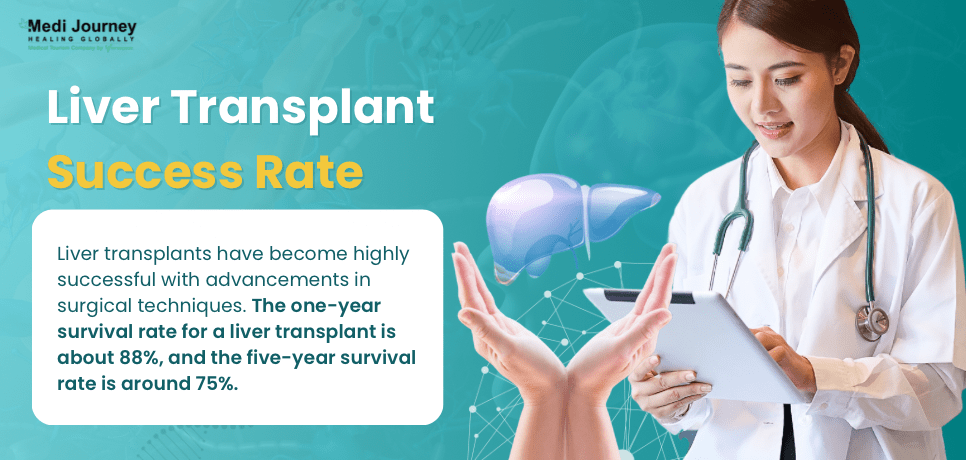
The success of a liver transplant can differ based on variables such as the patient's health, type of liver disease, and post-treatment care. On average, the one-year survival rate for a liver transplant is about 88%, and the five-year survival rate is around 75%.
Although a liver transplant is the recommended treatment for liver failure, not every patient with end-stage liver disease will qualify for a transplant. There is a shortage of healthy liver donors, so careful selection of cases is extremely important. Liver transplants are contraindicated if the patient has:
The doctor will conduct diagnostic and blood tests to evaluate the patient's health. The surgeon will schedule the surgery once the patient is deemed eligible for a transplant and a donor is readily available. If a donor is unavailable, the patient will be put on a waiting list.
A liver transplant waiting list is a system devised to ensure that patients who need a liver more urgently get top priority when a donor becomes available. The list categorizes patients by blood type, body size, geographical area, and type of liver disease. Along with these categories, a scoring system known as the "model of end-stage liver disease," or MELD in adults, and "pediatric end-stage liver disease," or PELD in children, is used to assess the severity of chronic liver disease. The scores are determined based on three laboratory tests: serum bilirubin, serum creatinine, and international normalized ratio for prothrombin time (INR). The score for the test ranges between 6 and 40. The higher the score, the more urgent the requirement is, thus placing them higher on the transplant list. When a donor liver becomes available, it is offered to those at the top of the list first.
It is difficult to predict how much time a patient might have to spend on the transplant list. Getting a new liver depends on several factors, such as:
Living liver donors are usually the patient's immediate family, such as parents, siblings, or children. Extended family members such as uncles, aunts, nephews, nieces, or first cousins can also donate their liver if immediate family members are unavailable or not a good match.
For a deceased donor liver transplant, the donor might have suffered a head injury in an accident. Although their heart continues to beat, their brain has permanently stopped functioning, rendering them brain-dead.
Once a donor liver is available, the hospital will contact the patient to schedule surgery. In the case of living donor transplants, the donor and recipient can schedule their surgeries in advance.
Before scheduling the surgery, the doctor will explain the procedure to the patient and review their medical records. They will also conduct a few tests to assess the health of the patient, including:
Once the donor's liver is approved and the patient is fit for surgery, the surgeon will proceed with the transplant. The surgery will differ depending on the donor type and may take 6 to 12 hours to complete.
Deceased Donor Liver Transplant
Living Donor Liver Transplant
Immediately after the surgery, the patient is moved to an intensive care unit (ICU) under observation for post-surgical complications. Their vitals are also monitored.
A full recovery from a liver transplant may take over six months, after which patients can slowly resume their daily activities.
A liver transplant is a complex procedure. Therefore, it has certain risks and complications attached to it. Some complications of a liver transplant include:
Patients with liver transplants have to take immunosuppressants for the rest of their lives. These drugs not only increase their risk of infections but also cause some adverse effects, such as diabetes, hypertension, bone loss, high cholesterol, weight gain, and kidney damage.
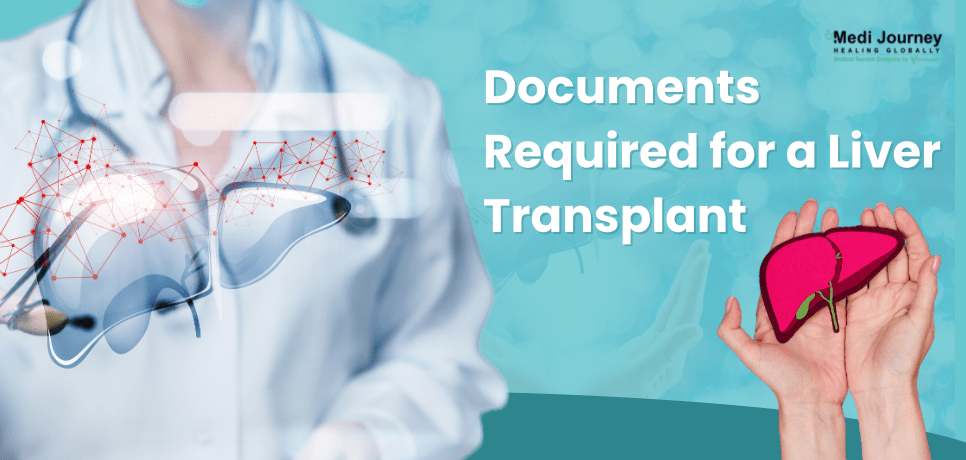
Both the donor and the recipient have to submit certain documents to get approval for a liver transplant.
For a liver transplant between spouses, all documents for first-degree relatives have to be submitted, along with:
For second-degree donations, all documents submitted for first-degree donations are applicable, along with:
The donor and recipient must submit essential medical records before a liver transplant. These include:
A liver transplant is a life-saving procedure for patients with end-stage liver disease. In this procedure, a diseased liver is replaced with a healthy one. The liver can come from a deceased or living donor. However, there is a shortage of organ donors worldwide. Therefore, many patients end up on a transplant waiting list. With the development of new techniques and treatment options, the gap between the number of donors and recipients can be bridged, thus saving more lives.
Fill up the form and get assured assitance within 24 hrs!
BDS, Fellowship, MSc
Dr. Ishita Shirvalkar is a dentist, forensic odontologist, and medical writer. She has over two years of clinical experience. She completed her education at reputed institutions such as VSPM Dental College and Research Center in Nagpur.
Director
Hepatologist, HPB and Liver Transplant Surgeon, Surgical Gastroenterologist
Aakash Healthcare Super Speciality Hospital, Dwarka, New Delhi
Dr. Ajitabh Srivastava is one of the best Hepatologists, Surgical Gastroenterologists, and Liver Transplant Surgeons in New Delhi. With over 26 years of experience, he has performed over 2500 liver transplant procedures. He specializes in hepato-pancreato-biliary (HPB) surgery, gastrointestinal surgery, acute liver failure treatment, laparoscopic surgery, and gall bladder surgery....
Senior Consultant
Medical Oncologist
Nanavati Super Specialty Hospital, Mumbai
WhatsApp UsSenior Director
Gynecologist and Obstetrician, IVF Specialist
Max Super Speciality Hospital, Shalimar Bagh, New Delhi
WhatsApp UsSenior Director
Gynecologist and Obstetrician, IVF Specialist
Max Smart Super Speciality Hospital, Saket, New Delhi
WhatsApp UsSenior Director
Gynecologist and Obstetrician
Max Smart Super Speciality Hospital, Saket, New Delhi
WhatsApp UsSenior Director
Gynecologist and Obstetrician
Max Smart Super Speciality Hospital, Saket, New Delhi
WhatsApp UsSenior Director
Gynecologist and Obstetrician
Max Smart Super Speciality Hospital, Saket, New Delhi
WhatsApp UsThe Art of Effective Communication
 27 January,2026
Read More
27 January,2026
Read More
 20 January,2026
Read More
20 January,2026
Read More
 16 January,2026
Read More
16 January,2026
Read More
 13 January,2026
Read More
13 January,2026
Read More
 09 January,2026
Read More
09 January,2026
Read More
Trusted by Patients
"I am Asim from Bangladesh and was looking for treatment in India for neuro. I visited many websites to get the complete information regarding the treatment but I was not satisfied as I was getting confused. In the meanwhile, one of my friends suggested I seek help from Medi Journey as he experienced his medical journey very smoothly and was satisfied with it. They have filtered the top 10 doctors as per experience, the success rate of surgery & profile, so it helps us to choose the best treatment in India. "
"For my knee surgery, Medi Journey guided me to BLK Hospital where I received exceptional care. The team's support and the expertise at BLK Hospital exceeded my expectations. Thank you Medi Journey for making my medical journey stress-free. "
"I came from Iraq for my granddaughter's eye surgery in India facilitated by Medi Journey, due to critical cases they advised us to get a second opinion from the different hospitals before going to surgery. Finally, we went to Fortis Escort Hospital, which helped us to get more confidence for diagnosis. Fortis Escort Hospital has the best eye surgeon team with the latest instruments. Thanks to all team members for providing a high-quality treatment in India at an affordable cost. "
"I came for my hair transplant in India, before coming I was so confused about choosing the best clinic and surgeon for me. But thanks to God one of my friends had a hair transplant in India through Medi Journey. He recommended me to go with them. I am completely happy with my experience with them. They were always very fast in their responses to me. the success rate of my hair transplant surgery is 100%."
"Artemis Hospital, suggested by Medi Journey, turned out to be a great choice for my treatment. The personalized assistance and medical care were exceptional. I'm grateful to Medi Journey for guiding me to a hospital that perfectly matched my needs. Highly recommended! "
"I came from Afghanistan for my treatment in India at Jaypee Hospital, Noida. I had a fantastic experience with Medi Journey. Kudos to them for their incredible support during my medical journey. They not only took care of all the logistics but also connected me with a fantastic healthcare team. Efficient, caring, and highly recommended for a hassle-free medical tourism experience."
"I am Adam from Kano, Nigeria, one of my friends from Nigeria was facilitated by Medi Journey, and he recommended us to go with them. I sent my all reports to them and within 48 hours they reverted with 4 options from different hospitals. They helped me to get a Visa letter from the hospital, arrange pick-up from the airport, and book a hotel for me. Their team is very honest and throughout our stay in India they are with us they are caring for us like his family members. BLK Hospital is the best hospital in India with a top surgical oncologist surgeon team, a very advanced OT, and a Radiotherapy department. I wish more success to Medi Journey. "
"Great experience at the Max Hospital for my spine surgery and was successfully done. I thank my neurosurgeon and his entire team. I recommended all of my country's people to Medi Journey for treatment in India, they choose the best hospital, the best doctors, and the best cost for patients."
"I came to India from Dhaka, Bangladesh for my father-in-law's cardiac surgery at Fortis Hospital. I was confused about choosing the best surgeon for him before coming, but their team helped me to choose the best hospital and best cardiac surgeon in India with very good cost and 100% success rate of surgery. I am very happy with the services, really they make my journey so comfortable that make me feel at home. Thanks again and I like people to choose "Medi Journey" as your travel guide. "
"I am Mohammad from Bangladesh came to India for my general health checkup. Medi Journey offers me the complete package including Pick-up from the airport, hotel services, and 24-hour assistance. They guide you to choose the best hospital in India, the best cost of treatment with top-most doctors and give you complete information about hotel booking, and pick-up from the airport before coming to India They have the best team to help. Always choose Medi Journey for your treatment in India."
